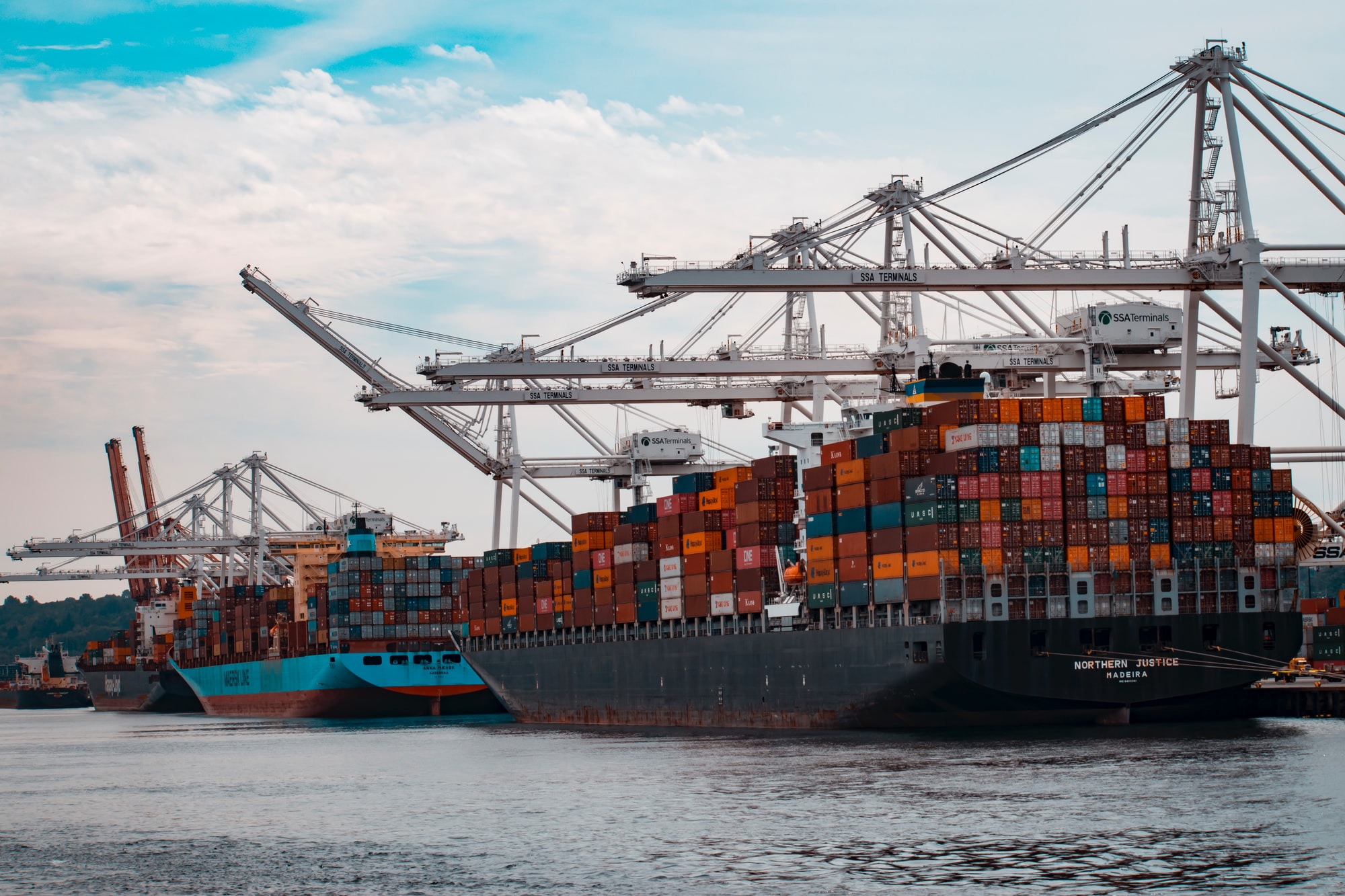Blockchain Initiative Brings Alibaba & Israel Ports Company to Join Forces
A new Blockchain Bill of Lading initiative from the IPSCA (International Port Community Systems Association) has gained a significant ‘vote of confidence,’ with Chinese e-commerce and technology group Alibaba signing up to the project by the organizations’ joint Logistics Visibility Task Force.
The IPCSA Blockchain Bill of Lading initiative is managed by IPCSA member, Israel Ports Company, which works the Israeli Ports Community System (IPCS). IPC CEO Shlomo Breiman said in a statement, “the joining of the global giant Alibaba to the Blockchain Bill of Lading initiative led by the IPCS is an essential expression of trust in Israel, and we are proud to be among the leaders of this groundbreaking startup in this field.
This year, Israel Ports Company, ran several successful pilots utilizing Blockchain technology for assigning electronic Bills of Lading. Some pilots included the shipment of cargo through ZIM Shipping Company from Israel to Ukraine The exporter was Adama Isreal with shipments to Adama Ukraine by the aid of custom agents Damco (Israel) and Rem-trans (Ukraine). A Bill of Lading was electronically issued by the Shipping Company and moved to the exporter and then to the importer in Ukraine or Spain. The system offers data about which party holds the electronic Bill of Lading at any time, jointly with the logistics status of the cargo.
IPCSA and Alibaba have been operating jointly together for the past two years. In October 2018, in association with LOGINK (China’s shared logistics information network), they set up a global intelligent logistics network, titled the Logistics Visibility Task Force. In its effort to promote global smart supply chains, the Task Force has concentrated on the development of trace and track solutions and the use of ISO standards. Following this work, Alibaba has inked up to the IPCSA Blockchain Bill of Lading initiative, efficiently making this a second workstream of the Task Force.
Blockchain’s use in transferring an electronic Bill of Lading is anticipated to offer a more effective process for all ends of the supply chain while also decreasing costs and, moreover, freeing up useable capital. Breiman further adds, “…We continue our work to advance any technology designated to improve and make efficient the service for the benefit of all the service providers and costumers in the ports, and this includes the field of bills of lading, in which there is a stronger need for efficiency and protection of the costumers.”
Stay informed with daily updates from Blockchain Magazine on Google News. Click here to follow us and mark as favorite: [Blockchain Magazine on Google News].
Get Blockchain Insights In Inbox
Stay ahead of the curve with expert analysis and market updates.
latest from tech
Disclaimer: Any post shared by a third-party agency are sponsored and Blockchain Magazine has no views on any such posts. The views and opinions expressed in this post are those of the clients and do not necessarily reflect the official policy or position of Blockchain Magazine. The information provided in this post is for informational purposes only and should not be considered as financial, investment, or professional advice. Blockchain Magazine does not endorse or promote any specific products, services, or companies mentioned in this posts. Readers are encouraged to conduct their own research and consult with a qualified professional before making any financial decisions.

 Bitcoin
Bitcoin  Ethereum
Ethereum  Tether
Tether  XRP
XRP  Solana
Solana  Dogecoin
Dogecoin  USDC
USDC  Lido Staked Ether
Lido Staked Ether  Cardano
Cardano  TRON
TRON  Avalanche
Avalanche  Chainlink
Chainlink  Toncoin
Toncoin  Wrapped stETH
Wrapped stETH  Shiba Inu
Shiba Inu  Sui
Sui  Wrapped Bitcoin
Wrapped Bitcoin  Stellar
Stellar  Polkadot
Polkadot  Hedera
Hedera  WETH
WETH  Hyperliquid
Hyperliquid  Bitcoin Cash
Bitcoin Cash  LEO Token
LEO Token  Uniswap
Uniswap  Litecoin
Litecoin  Pepe
Pepe  Wrapped eETH
Wrapped eETH  NEAR Protocol
NEAR Protocol  Ethena USDe
Ethena USDe  Aave
Aave  USDS
USDS  Aptos
Aptos  Internet Computer
Internet Computer  Cronos
Cronos  POL (ex-MATIC)
POL (ex-MATIC)  Mantle
Mantle  Ethereum Classic
Ethereum Classic  Render
Render  WhiteBIT Coin
WhiteBIT Coin  Monero
Monero  MANTRA
MANTRA  Dai
Dai  Bittensor
Bittensor  Artificial Superintelligence Alliance
Artificial Superintelligence Alliance  Arbitrum
Arbitrum  Filecoin
Filecoin 



